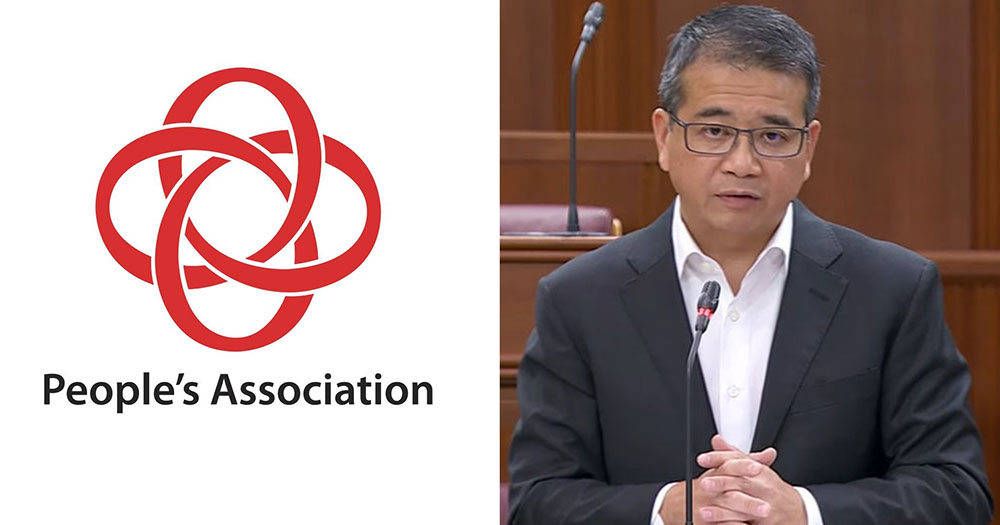Follow us on Telegram for the latest updates: https://t.me/mothershipsg
The term of a grassroots adviser is determined by the People's Association (PA) and is not tied to the term of Parliament, Minister for Culture, Community and Youth (MCCY) Edwin Tong said in Parliament on Mar. 21.
Hence, as with all government agencies which continue to function after a Writ of Election is issued, grassroots advisers continue to discharge their duties, he added.
Government agencies will continue to receive public appeals during election period
Tong was responding to a question posed by Workers' Party Member of Parliament (MP) Gerald Giam about whether the appointments of grassroots advisers cease from the day the Writ of Election is issued, to the day after the results of the General Election are announced.
Giam had also asked whether the advisers can continue writing appeal letters to government agencies on behalf of residents during this period.
Tong clarified that during this time, government agencies will also continue to receive consider appeals made by either members of the public or on their behalf.
What is the role of a grassroots adviser?
Tong also highlighted that grassroots advisers are appointed by the People’s Association (PA), a statutory board under MCCY.
The advisors, Tong, added, help the PA with its mission to foster social cohesion and also engage people on government policies and schemes.
In addition, such advisors also communicate the concerns of residents. According to the PA's 2014/2015 annual report:
"GRLs (Grassroot leaders) and Advisers stay connected with the community and can reflect residents’ feedback and aspirations to the Government on community and national issues, including through public consultations and dialogue sessions, as well as forum letters."
When Giam asked in a follow-up question if members of the public included MPs or former MPs who are now members of the public after the writ of election is issued, Tong replied:
"After a Writ of Election is issued, MPs vacate their offices so they are no longer MPs. So to that extent, they are not MPs, and therefore the appeal, if any, filed by that person will be treated as a request made on behalf of another member of the public."
Distinct from the role of a MP
The role of a grassroots adviser may be compared to an elected MP in terms of connecting with the people.
The similarities extend to grassroots advisers being recognised as constituents' representatives, with the police putting grassroots advisers in the same category as elected MPs when it comes to considering appeals that they receive.
The key difference, however, is one of objectives.
Elected MPs connect with the people for the primary purpose of being their voice in Parliament, to ensure that the people's concerns are factored into the process of lawmaking.
Grassroots advisers, on the other hand, are tasked to connect with the people on behalf of the government, so as to implement and get feedback on government policies.
They also connect with their constituents in similar ways to elected MPs, employing methods such as house visits, grassroots events, and sharing sessions, among other methods listed in the PA's 2014/2015 annual report.
The complementary roles of MPs and GRAs likely explains why elected PAP MPs are chosen as the grassroots advisers in their constituencies.
They serve as PAP MPs, who run under their party banner in elections, and as grassroot advisers, representing the PA and the government of the day.
Why are PAP grassroots advisers also in WP wards?
Top left photo via People's Association Facebook, right screenshot via CNA/YouTube
If you like what you read, follow us on Facebook, Instagram, Twitter and Telegram to get the latest updates.
